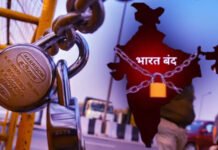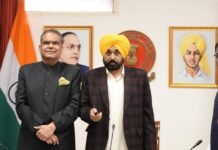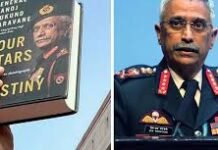January 31, 2025 : Fact Recorder
Arvind Kejriwal is facing more trouble over his statement about “poison” in the Yamuna River. The Election Commission has sent him another notice and asked several questions.

Only a few days are left for voting in the Delhi Assembly elections. However, before the voting, Aam Aadmi Party leader and former Delhi Chief Minister Arvind Kejriwal is facing more trouble. The Election Commission has sent him a second notice over his statement about poison in the Yamuna River. The commission has asked him several questions.
What Questions Did the Election Commission Ask?
In its notice, the Election Commission has asked Arvind Kejriwal several questions regarding his statement about poison in the Yamuna River. The key questions include:
• Where was the poison added to the water?
• What type of poison was it?
• How was the presence of poison detected?
The Election Commission has asked a total of five such questions. Kejriwal has been directed to respond by tomorrow, Friday, the 31st.
Why No Action Should Be Taken – EC
According to PTI, the Election Commission has also warned Kejriwal not to link the issue of increased ammonia levels in the Yamuna with allegations of deliberate poisoning. The commission has asked him to explain why action should not be taken against him for making such statements, which could create tension between different groups.
What Was Kejriwal’s Earlier Response?
Earlier, on Wednesday, Arvind Kejriwal had sent a 14-page reply to the Election Commission regarding his statement. He explained that his remarks were made in the context of a public health crisis caused by poor drinking water quality in the city.
In his response, Kejriwal stated that the alleged statement attributed to him was part of his duty to highlight the “serious toxicity and contamination” in raw water coming from a BJP-ruled state. He also emphasized that his statement was made as part of his responsibility to serve the public interest.













